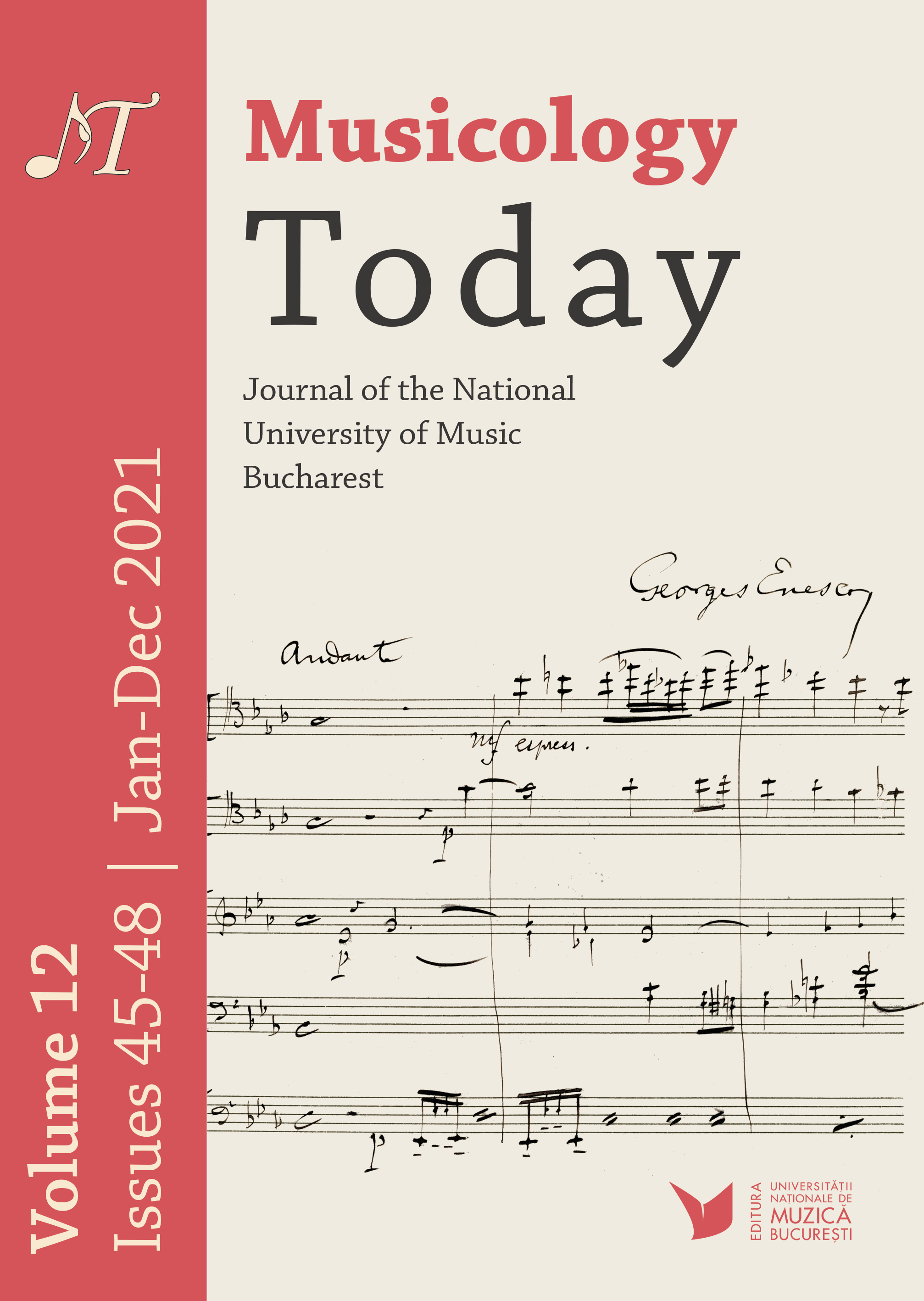Balancing Nationalistic Tendencies in the Musical Life of the State-Socialist Federal Yugoslavia
Balancing Nationalistic Tendencies in the Musical Life of the State-Socialist Federal Yugoslavia
Author(s): Melita MilinSubject(s): Cultural history, Music, Diplomatic history, WW II and following years (1940 - 1949)
Published by: Editura Universității Naționale de Muzică din București
Keywords: art music in state-socialist Yugoslavia; musical institutions in state-socialist Yugoslavia; musical/cultural diplomacy after World War II;
Summary/Abstract: Yugoslavia shared all the main ideas of the Eastern bloc, but only during the first four post-war years, as its president, Tito, split with Stalin in 1948. The political and cultural climate became progressively more liberal and west-oriented after that. The Yugoslav state supported the shaping of the national identities of its peoples, but on a strictly controlled basis, as a vehicle for stimulating revolutionary patriotism. As a multinational federal state whose nations and minorities had very different cultural traditions, Yugoslavia was frail because equilibrium among the six republics and two autonomous provinces was hard to achieve and was based on problematic compromises. Different aspects of balancing nationalisms in the musical sphere are discussed in examples of the positive discrimination of the constitutive nations and minorities, some of which had only a very slight, if any, tradition of art music. On the other hand, some other constitutive nations of Yugoslavia possessed a relatively rich musical heritage, as they had been parts of the most developed Western nations for centuries. Also posed is the question as to whether it was at all possible to achieve a supra-national, Yugoslav musical identity in the given circumstances.
Journal: Musicology Today: Journal of the National University of Music Bucharest
- Issue Year: 12/2021
- Issue No: 46
- Page Range: 97-107
- Page Count: 12
- Language: English

